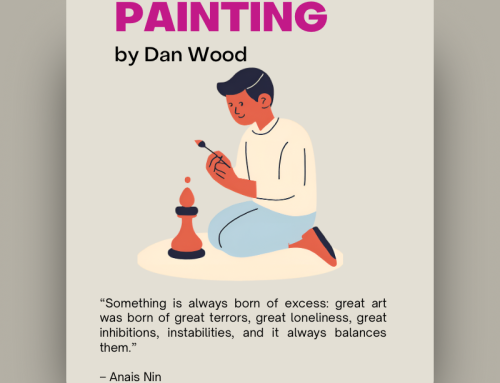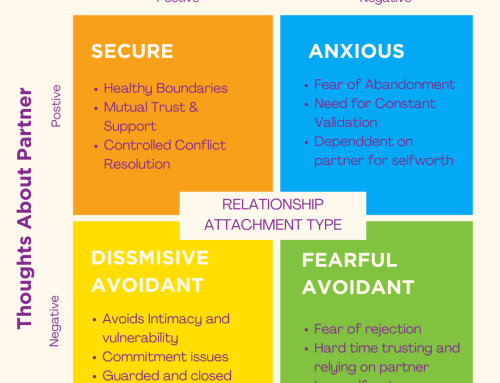Social anxiety — why it’s okay and how to cope
The AoC Trust predicts some awkward half-hug-pat experiences as we all try to adjust to the eventual relaxation of social distancing.
You expect us to meet people in close contact and hug soon? Really? Some of us aren’t even ready to go to Asda yet.
Although it’s excellent news for some — socialising with others, let alone contact, brings with it anxiety for many. You’re not on your own if you feel this way.
We are social creatures, and we thrive with support groups around us, but that doesn’t mean that you’re ready to do an astronaut-like step to hugging or the pub — although the suit might be handy.
You don’t have to do anything you don’t feel comfortable with.
Similar to when we were all teenagers and perhaps got a few too many kisses off an aunty with an abundance of love — affection and close-contact consent is often presumed and sometimes unwanted.
The past year has created a mixing pot of emotions for every single person across the globe. At The AoC Trust, we have seen increased anxiety, depression, stress, and low mood therapy requests.
“Social connection doesn’t have to be a party or a hug. It can be anything you feel comfortable with, and is consensual, that helps you to connect with your friends and family — that could be a cuppa in the garden.” Ben Franklin, Administrator, The AoC Trust
How to cope with social anxiety in four steps
1. It’s your body — go at your speed
If like the rest of us, you’ve got ‘it’s not safe’ hardwired into your brain, and have done the NHS proud by adhering to all of the rules — it’s going to take time to rewire it to ‘it’s pretty safe’.
Be kind to yourself — take your time and socialise at your own pace. Be frank and polite if someone asks you to do something you’re not comfortable with — “I’m not quite ready for that, yet”.
2. Focus on yourself more than socialising
If you feel anxious, it’s essential to pay attention to your feelings and explore ways to feel better.
By eating well, exercising, staying clear of caffeine and alcohol, and being mindful of your surroundings, you’ll feel good inside and ground yourself to the present — a key to reducing anxiety.
Anxiety can often be a fear of things we cannot control, and the past year has exasperated that. By being in the present, we exist only at that moment — we are present when we take notice of a pattern, touch a leaf, or take a deep breath.
You can also look for activities that graduate you out into the world in a more gentle manner — try a short walk in the park, where there may be more people, but you are still outside and progressing at your pace.
3. Try a routine
Try going to bed at roughly the same time each night and set the alarm to wake you up — as a good night’s sleep is connected with mental wellbeing.
Other activities that need to be done weekly can also be pencilled in, giving you a say on areas of your life that you can control — giving you a sense of achievement. Acceptance that you may have to move some of these tasks can also help you to accept that change is part of life.
4. Access a therapy service
A qualified therapist can help you to understand what makes you feel anxious and help you with strategies that might help. More importantly, you won’t feel alone — you’ll have someone who will listen.
Remember that at The AoC Trust, you do not need to visit a doctor to access help. You can self-refer if you’re over 18 or request a guardian to consent and refer on your behalf in complete confidence.
Text ‘support’ to 60075 or email support@theaoc.org.uk to access help today.
The AoC offers both funded (in association with partners) and private therapy sessions. If you are an organisation, you can purchase 150 hours of mental wellbeing support for your team.
Found this interesting? Read the social dilemma: social media as an accelerator for addiction article.





